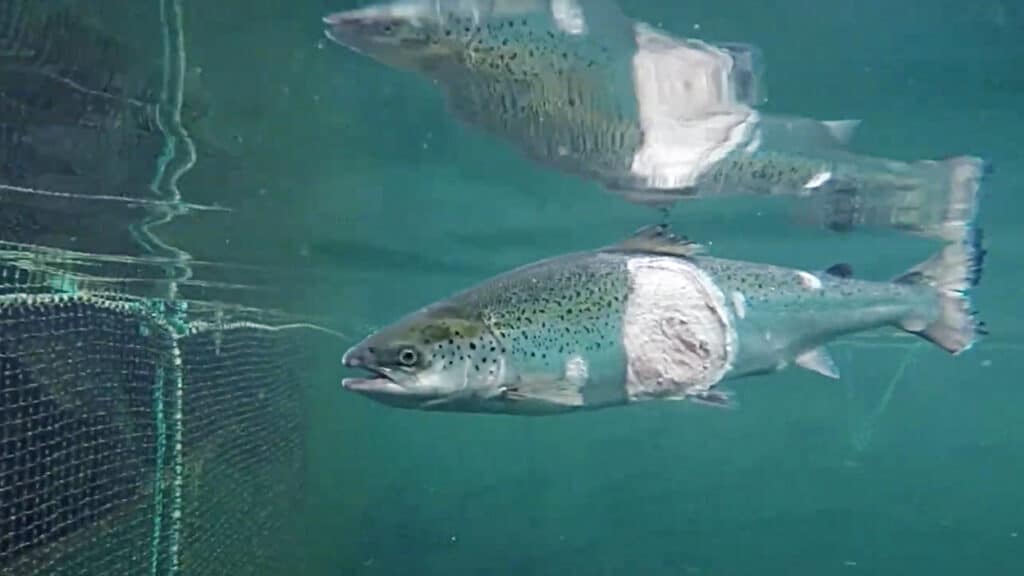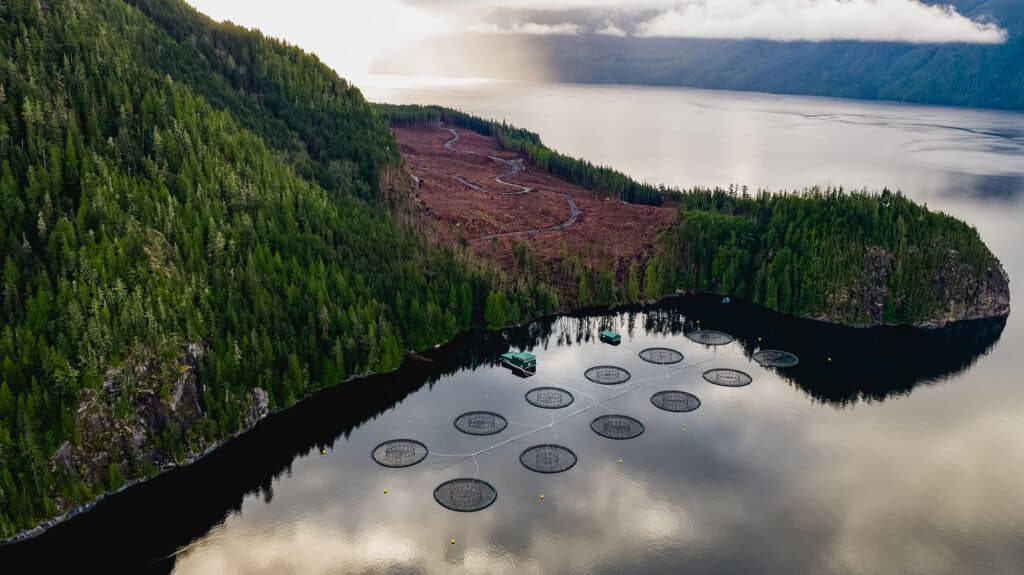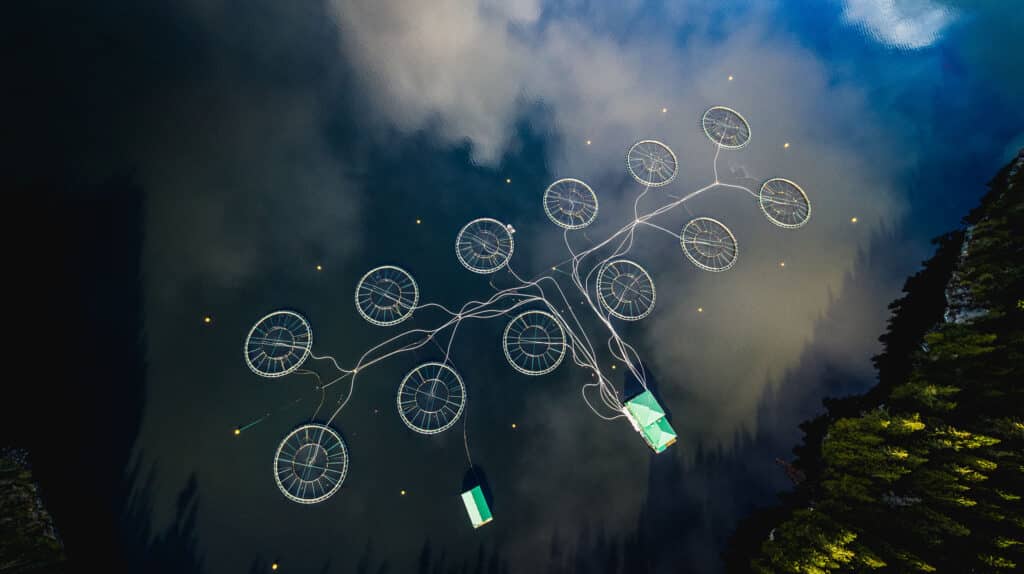In June 2024, Canada’s federal government abandoned its original commitment to close open-net pen salmon farms in British Columbia (B.C.) by 2025, instead delaying the deadline to 2029. This decision has raised major concerns from Indigenous and coastal communities as open-net salmon farms continue to deteriorate the health of our coastlines. With every passing month, the cost of inaction becomes more evident.
Across B.C., open-net pen salmon farms introduce diseases, parasites, and pollution to wild salmon populations. Overcrowded conditions serve as breeding grounds for sea lice and harmful pathogens. Waste, excess feed, and chemicals are flushed directly into nearby waters, degrading surrounding ecosystems. Farmed salmon can and do escape, threatening the genetic integrity of wild stocks.
The cumulative impacts of these farms are putting the future of wild salmon—and the countless species and communities that depend on them—at risk. In response to the federal government’s delay, we’re tracking the alarming events that have unfolded since the decision was made to give open-net pen farms four more years.
A Series of Disasters
- 46 organizations from 15 different countries call on Fisheries and Oceans Canada (DFO) to end salmon farming, citing increasingly common mass mortality events.
- Concepcion Farm (Grieg Seafood) reports sea lice levels over ten times the allowable limit at their farm in Nootka Sound.
- Muchalat North Farm reports a staggering 23% mortality rate due to disease transmission and concerning farm management practices.
- Williamson Farm in Muchalat Inlet reports a 9.5% mortality rate due to disease transmission
- Gore Farm in Muchalat Inlet reports a 3.8% mortality rate due to disease transmission
Canada misses their deadline to release the Draft Transition Plan in July.
West Coast Fish Culture at Lois Lake is caught engaging in illegal practices and fined $350,000. Inspections revealed improper pen installations and inadequate escape prevention, endangering neighboring ecosystems.
Cermaq begins restocking its semi-closed containment system with juvenile Atlantic salmon in Clayoquot Sound. This same system was previously shut down due to toxic ammonia levels that led to mass die-offs, raising serious concerns about it becoming a viral super-spreader.
- Grieg Seafood spills 7,500 L of diesel (equivalent to 53 bathtubs) in Zeballos Inlet and contaminates local ecosystems and Indigenous food sources.
- Following the removal of the farms in the Discovery Islands and Broughton Archipelago, wild salmon returns have significantly improved in those regions
- River otters are observed building dens from abandoned aquaculture gear—an unsettling symbol of industry neglect.
- New research is published revealing a sharp rise in salmon farm mortalities in B.C. between 2011–2022, primarily due to low dissolved oxygen, disease treatments, and harmful algal blooms.
Cermaq continues to struggle with its semi-closed system. An oil sheen was observed on five separate occasions in December and January.

- Akwafuture is moving ahead with plans for 8 new in-water closed containment (closed-net pen) salmon farms in Port Alice. While these systems are permitted under current DFO regulations, in-water closed containment remains an unproven and highly contested method for protecting wild salmon. Many experts and stakeholders continue to question their effectiveness in preventing disease, parasite and pollution transfer to wild fish.
- Another oil sheen is reported at Cermaq’s site in Miller Channel, suspected to stem from fish feed milling malfunctions.
The B.C. aquaculture industry remains hopeful that Canada’s new fisheries minister will overturn the transition plan, signalling ongoing pressure to maintain open net operations.
Nearly three and a half months after Greig Seafood’s diesel spill near Zebellos, contaminant levels remain too high in shellfish stocks for safe harvest by local Indigenous communities.
Implications
The clock is ticking, and the health of British Columbia’s marine ecosystems hangs in the balance. We’re already witnessing the devastating consequences of delaying action. How much more are we willing to sacrifice in the name of short-term industry interests?
It’s time to hold decision-makers accountable. The removal of open net-pen salmon farms can’t wait another four years. British Columbians—especially those who live and work on the coast—deserve better. The future of our wild salmon, and the web of life they support, depends on bold and immediate action.
Enough is enough.


